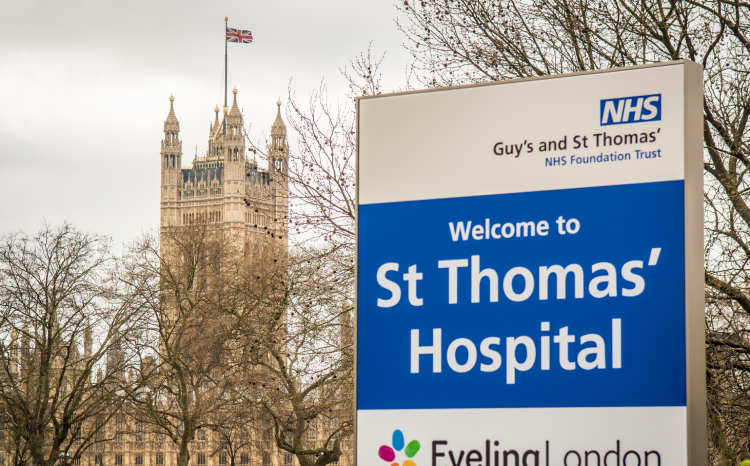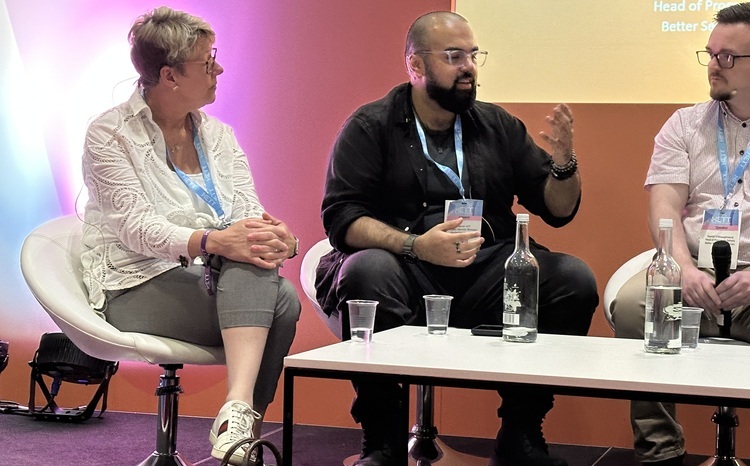Guy’s and St Thomas’ text message service helps patients share anxieties

A study from Guy’s and St Thomas’ NHS Foundation Trust has revealed that cancer patients are more likely to share their anxieties about their health when completing questionnaires by text or online.
The findings of the ‘Delivering personalised cancer care during Covid-19: Text eHNA’ study revealed that patients were more than twice as likely to reveal they felt worried, anxious or fearful about their health if they were contacted by text message to complete a holistic needs assessment.
As part of their personalised care at Guy’s Cancer, all patients diagnosed with the illness would complete this assessment, traditionally with their nurse or healthcare professional in-person at a clinic appointment.
The Covid-19 pandemic meant appointments had to go virtual so staff at the trust set up an electronic holistic needs assessment. Patients were first contacted by text message and directed online to complete the questionnaire in their own time. A follow up was then done by phone to discuss concerns.
Following more than 650 online questionnaires being completed since April 2020, the team at Guy’s found:
- 56% of patients filling the questionnaire out online said ‘worry, fear or anxiety’ was their top concern – giving it a rating of 6.5 out of 10. In comparison, it was raised as a top concern by only 26% of patients using other means to complete the assessment, and was given an average score of 5.4 out of 10.
- When contacted by text message, patients raised emotional concerns 6.7% more than those who flagged it during a conventional assessment.
- Additionally, those who raised emotional concerns by text assessment were more likely to score them 7-10, compared to those completing in-person assessments.
Nikki Cannon, transformation lead for cancer survivorship at the trust and who led the study, said: “When we first introduced the assessment by text, we realised patients were flagging more concerns about their health than those who had in-person assessments.
“It could be those patients have more time at home to reflect on their answers, and they feel they can be more honest than if they are in a clinic. By continuing to focus on what our patients tell us we are better able to evolve our practice and work with partners to meet those needs.”
Guy’s now plans to continue with the text assessments, in addition to face-to-face. It’s not the first time that the NHS has used text messages to deliver key services. Back in March last year at the start of the pandemic, the NHS launched a text message support service for people self-isolating.




